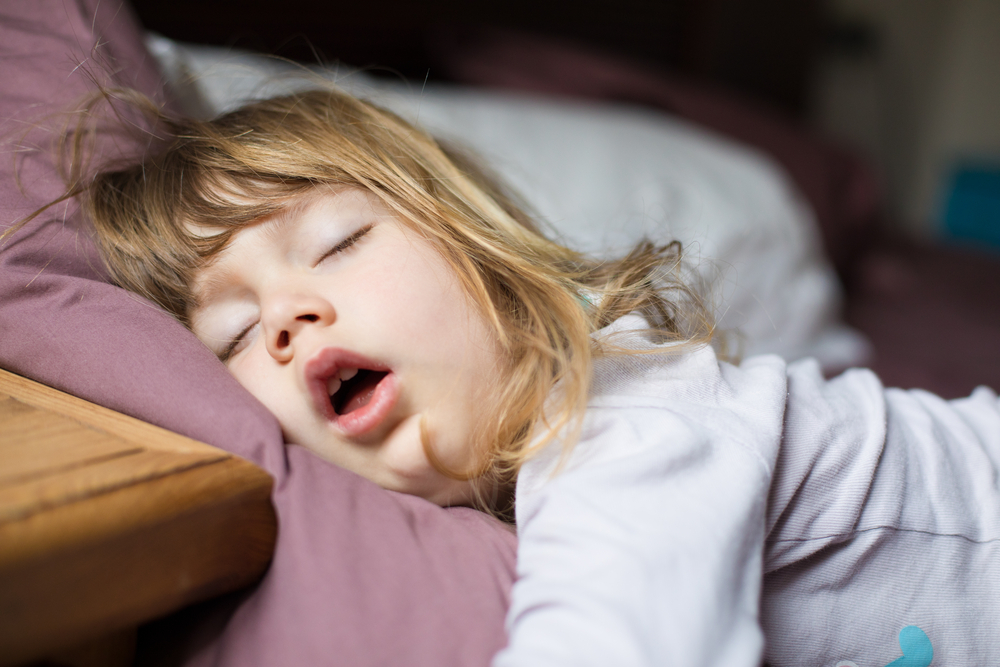While many are familiar with adult sleep apnea, it’s essential to realize that children can also be affected by this sleep disorder. Obstructive sleep apnea (OSA) manifests similarly in children as it does in adults, making it crucial for parents to be vigilant about monitoring and addressing this condition.
What is pediatric obstructive sleep apnea?
Pediatric obstructive sleep apnea occurs when a child experiences momentary pauses in breathing during sleep, often repeating throughout the night. These interruptions typically stem from an obstruction in the upper airway, encompassing passages from the nose and mouth to the windpipe and lungs.
These episodes lead to diminished oxygen levels, disrupting the child’s sleep pattern. This condition is most prevalent among children aged 3 to 6.
Unlike adults who tend to exhibit daytime sleepiness, children with sleep apnea may display behavioral issues. While obesity is a common trigger for adults, enlarged tonsils, or adenoids often underlie pediatric cases.
What are symptoms of pediatric OSA?
While snoring is a prevalent indicator, not all affected children may exhibit this symptom. Parents may notice gasping or snorting sounds during sleep. Other signs include bedwetting, sleepwalking, and night terrors.
During waking hours, children with sleep apnea may experience daytime sleepiness, irritability, and resort to mouth breathing. These symptoms can impact school performance and lead to morning headaches, potentially resulting in misdiagnoses of learning disabilities.
Identifying common risk factors
During sleep, muscles, including those in the throat, relax to maintain an open airway. However, in children with sleep apnea, these muscles may relax excessively, causing airway collapse.
Several risk factors associated with OSA include:
- Family history of obstructive sleep apnea
- Being overweight
- Presence of Down Syndrome or Cerebral Palsy
- Enlarged tongue
- Any anatomical issues narrowing the airway in the throat, jaw, or mouth
- Enlarged tonsils or adenoids, which can obstruct the airway during sleep
What to do if you suspect your child has OSA
Upon suspecting obstructive sleep apnea in your child, it’s crucial to consult a healthcare professional for evaluation, possibly involving a sleep study for accurate diagnosis.
Treatment approaches may vary based on severity:
- Surgical removal of enlarged tonsils or adenoids is often effective, particularly if they are the primary cause.
- Collaboration with healthcare providers to implement dietary changes and increase physical activity may benefit overweight children.
- Continuous positive airway pressure (CPAP) therapy may be recommended to maintain open airways during sleep, using a mask to deliver a steady stream of air.
Ignoring the condition can lead to adverse consequences, including learning, behavioral, and growth issues. Chronic sleep apnea poses risks of permanent heart and lung damage.
Take proactive steps by contacting an Ear, Nose, and Throat (ENT) specialist to schedule an appointment if you suspect your child is experiencing symptoms of obstructive sleep apnea.
Find an ENT specialist near you to get started.



